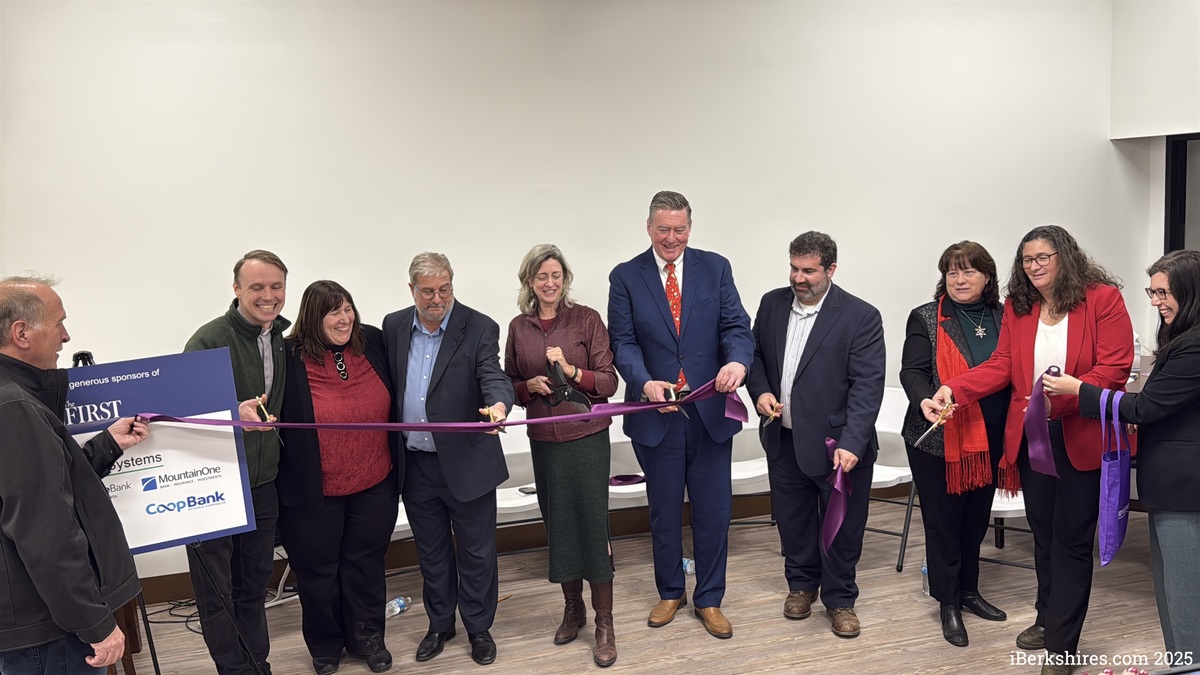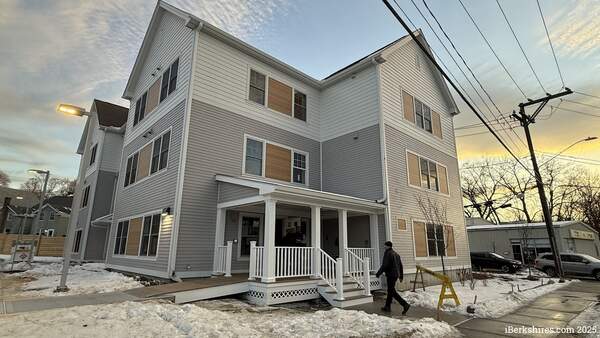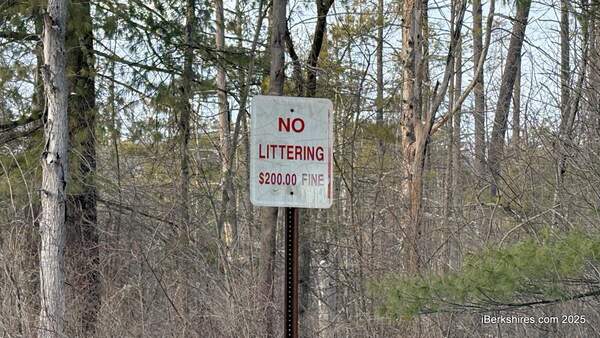BOSTON — In celebration of Earth Month, the Healey-Driscoll Administration today launched a new recycling program designed to fund innovative waste reduction projects throughout Massachusetts, The Waste Reduction Innovation Grant (WRIG), administered by the Massachusetts Department of Environmental Protection (MassDEP), will provide funding for new and existing businesses, non-profit organizations, and institutions that are committed to investing in advanced equipment or technology that will have a measurable impact on waste reduction.
As part of its 2030 Solid Waste Master Plan, MassDEP’s 2030 Solid Waste Master Plan established goals to reduce waste by 30 percent by 2030 and 90 percent by 2050. The plan establishes a framework and broad vision for reducing and managing solid waste that is generated, reused, recycled, or disposed of by Massachusetts residents and businesses. The WRIG program targets areas of the waste stream that would benefit from innovation. The WRIG program will fund two categories of projects – start-up or pilot projects and innovative capital investments.
"Partnering with the private sector is critical to managing our waste and improving our efforts to reduce waste, reuse and recycle," said Energy and Environmental Affairs Secretary Rebecca Tepper. "This key investment will foster continued growth in our waste reduction industry, creating new jobs, and reducing the burden on an already strained waste stream."
"Not only does managing solid waste strain municipal budgets, waste emits harmful methane emissions as it sits in a landfill," said MassDEP Commissioner Bonnie Heiple. "Reducing waste is a critical piece of our strategy to address climate change and improve air quality in our environmental justice communities. Just like with clean energy and clean transportation, our waste management industry is poised to innovate and lead the way on waste reduction."
Up to ten projects will be eligible for start-up or pilot funding awards between $50,000 and $100,000, and up to four projects will be eligible for innovative capital investment funding awards between $500,000 and $2,000,000. Start-up/pilot projects will require a 25 percent grant match and capital investment projects will require a 50 percent match. Materials and activities eligible for capital investment funding include reuse or recycling of bulky household items like furniture, carpet and plastics; recycling of glass from material recovery facilities; reuse or recycling of specific construction materials including asphalt shingles, gypsum wallboard, and wood; recycling of non-vehicle lithium batteries; and sorting and recycling of textiles.
| If you would like to contribute information on this article, contact us at info@iberkshires.com. |
















